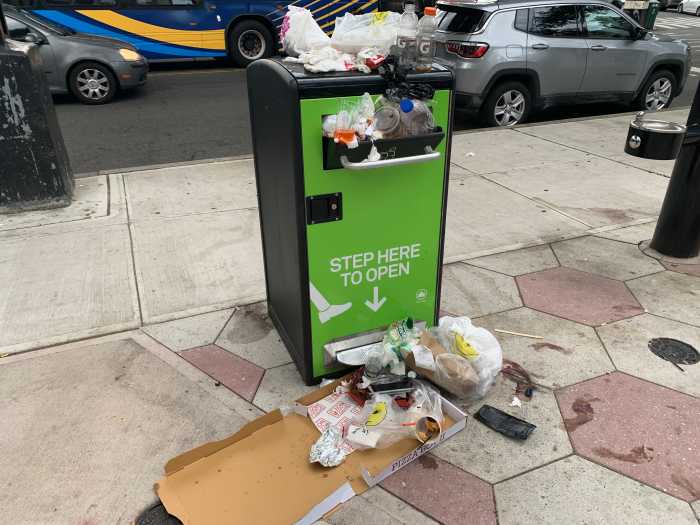It happens to be that time of year again when high school students are eagerly awaiting to hear back from colleges they applied to. What they might not know is that since social media has risen in popularity, many colleges have made it a point to view prospective students social media accounts. Sometimes it’s not enough to have good grades, high SAT scores and be a part of every club or sports team.
What you post on social media may now be affecting your chances of expanding your education without even knowing it. According to a telephone survey by Kaplan Test Prep, 35 percent of 365 college admission officers admitted to checking prospective students social media accounts during the admission process. This particular survey showed that a larger percentage of information noted had more of a positive impact than a negative impact. However, not every student is posting the community service they participated in. Those students not posting those things shouldn’t have to post their community service. That’s the point of social media, to share what you want, even though not all things shared online are appropriate. A college will Google an applicant and find dirt on them and deny them without even telling them the real reason for the rejection.
Is it okay for Harvard to reject a student just because they posted a picture walking on the Yale campus? That may be what gets one student accepted over another. When you’re connected to social media you post everything, you share funny posts and you post pictures and videos they you may not think will hurt you. Someone at the age of 17 or 18 applying to college will make mistakes and post things they will regret later in life. Yet, for a lot of people, once they are accepted into the college, they grow up. They realize they can’t post what they used to post because it will affect their future whether that be a job or their application to graduate school. As they grow up they’ll learn, if they post something on social media that embarrasses their job, they can be fired, there’s no laws against that.
According to an article written by college junior Cecilia Callas, she makes a good point when saying admissions officers did not have any social media to be judged on when they were applying for schools so why do it to students now just because it’s there? Colleges of course can’t look at every applicant’s social media, which makes it even more unfair that certain students will be rejected just because they unknowingly drew the unlucky straw. First impressions should not be one sided. Don’t make social media another thing a high school student needs to improve in order to seem perfect.
When applying for college you never think someone will view your social media because when you’re applying for colleges you’re literally thinking, “Are my grades high enough?, Did I participate in enough clubs?” You’re not thinking, “Maybe I should delete those pictures just in case anyone gets the wrong idea of me.” There is enough stress in writing essays asking why you should be accepted. Essays should be more applicable than social media in the application process because the applicant is being honest and sharing their perspective on what they want to gain in college. You shouldn’t have to write about your grades and test scores when all of that is provided anyway. Why not make it the student’s choice to provide a link to their social media account that may demonstrate something important to them that they couldn’t write about in their essay? Colleges should allow students to decide what’s important to them and what helps them to stand out.
—Nina Smith
Nina Smith currently attends Adelphi University


































